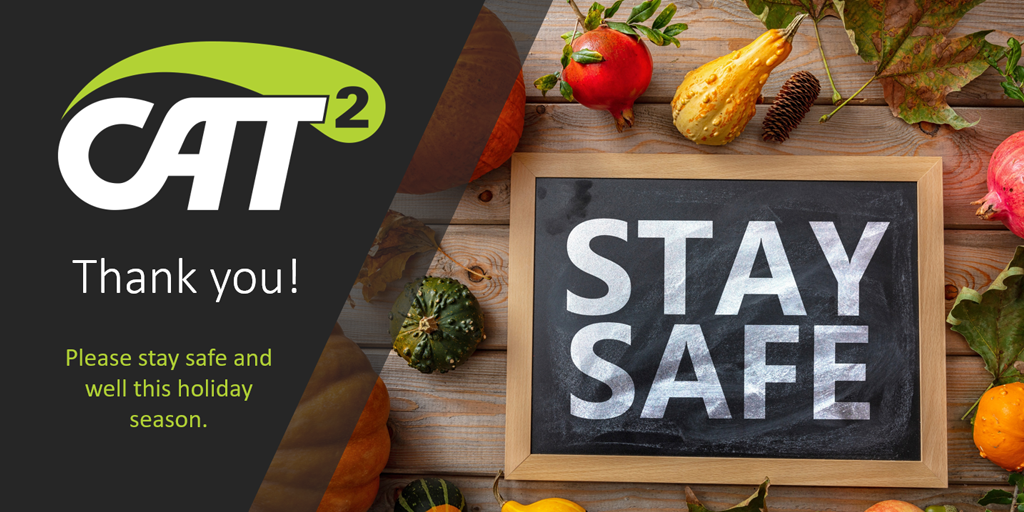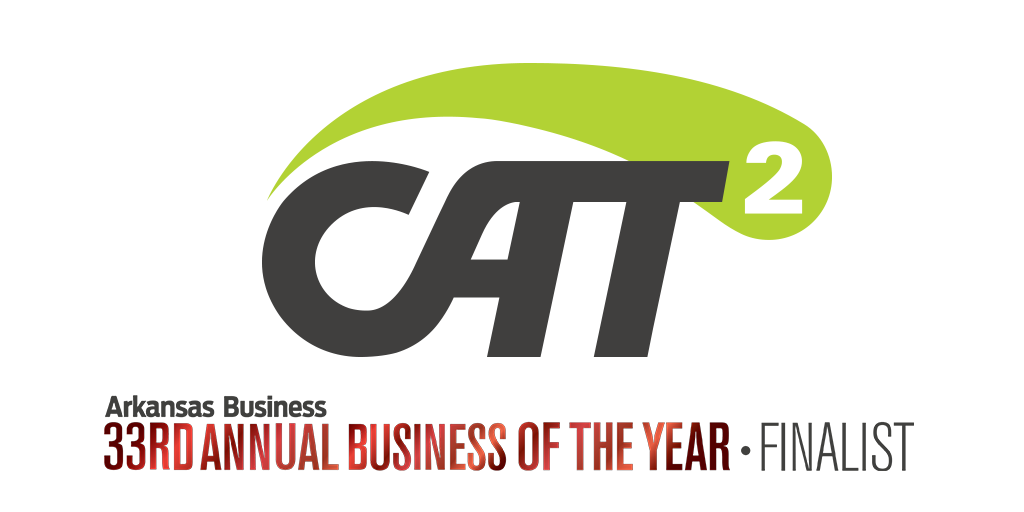This last year revealed many vulnerabilities and challenges for food suppliers. The pandemic exposed a vulnerability in manufacturers’ reliance on human labor. Regulatory bodies like the FDA, USDA, and GFFA are compelling supply-chain participants to adopt common standards and digital technologies. Retailers – who are under pressure from consumers demanding more variety, sustainability, transparency, and ethical sourcing – are increasingly willing to go around manufacturers to create the products they need if they can’t get the relationship they want with the manufacturer. These challenges will continue beyond 2021.
In response, many manufacturers are exploring factory-automation technology to reduce their dependency on labor, improve regulatory compliance, optimize production efficiency, and increase supply-chain visibility. After an overwhelming year, it’s understandable that adopting Industry 4.0 technologies may feel overwhelming to food-industry leaders who were inundated with challenges throughout 2020. Hopefully, the holidays provided an opportunity for rest, and news of the vaccine rekindled a sense of optimism. Below are some practical steps to help food manufacturers hit the ground running in the new year:
- Understand your processes.
Developing a process map gives manufacturers a visual understanding of processes occurring on the plant floor, what data is being measured during those processes, and how that data is flowing across their network. Having a clear understanding of what data is being gathered and how it flows across the network helps manufacturers identify operational value drivers and develop measurable KPIs for data-driven decision-making. - Adopt common language and standards.
For digital technologies to be interoperable, common data standards must be adopted across the value chain. The most widely used is GS1, which is used to identify, track, and trace critical tracking events and key data elements. - Build a culture of knowledge sharing.
Regularly meet with plant leadership to establish standards, share best practices, and hold each other accountable. Likewise, meet with trade partners to discuss opportunities to integrate traceability data and streamline transaction processes. This will improve efficiency and traceability across the supply chain. - Develop approaches to consumer education.
Many consumers have misconceptions about how their food is produced. In a survey conducted by Purdue University, consumers were asked whether broilers are given growth hormones, only 8-percent of survey participants answered the question correctly. Industry 4.0 technologies open new opportunities to educate consumers about how food gets to their table and show them how to handle and prepare it safely. Sharing traceability data with consumers builds trust by addressing their concerns for safety, sustainability, and humane treatment. - Register for the 2022 User Summit!
The CAT Squared User Summit will be held atop Petit Jean Mountain at the Winthrop Rockefeller Institute, August 16-20. Learn more about CAT Squared’s approach to Industry 4.0. Early bird registration ends March 31.





